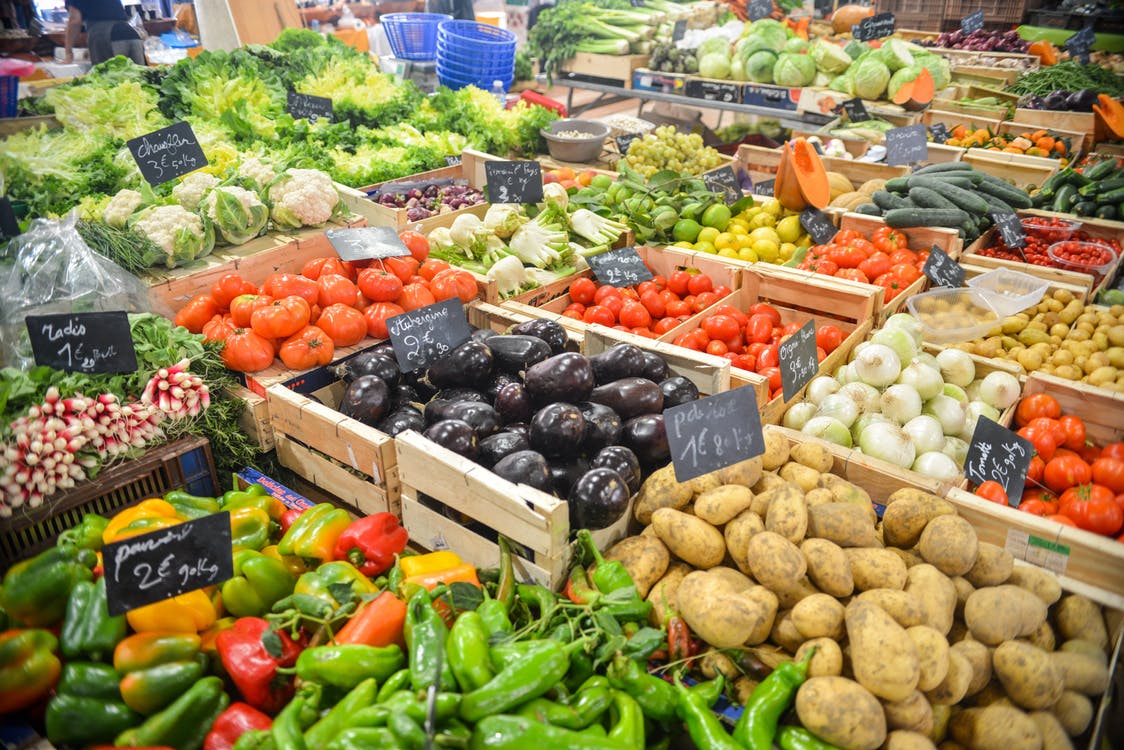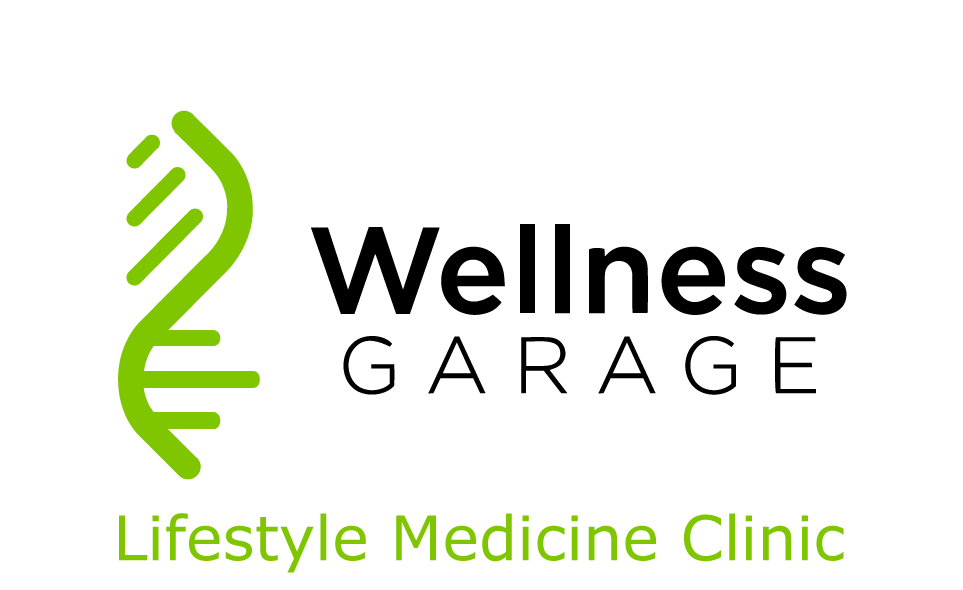|
One of the things we are constantly asked at Wellness Garage is what we think of various diets - low carb, keto, Paleo, Mediterranean, low fat, Atkins, Zone, Weight Watchers etc. While these questions are understandable given the $68B diet industry, sadly I think they miss the point about healthy eating. As a result, most diets fail people, and diets that do work have common characteristics that are unrelated to their macronutrient content. (Learn about our S3 Weight Management Programs (stratified, systematic & sustainable - including the FREE 6 week educational program) Healthy eating should be about eating and enjoying real food - not counting calories, points or tracking macros.
But what is real food?
At Wellness Garage, we often point to research like Chris Gardner’s DIETFITS study which showed little difference between a healthy Low Fat diet and a healthy Low Carb diet. After 1 year there was no significant difference in weight loss between the groups - both lost 5-6 kg (about 5% body weight) on average. As with most diet studies there was considerable variation in the amount of weight lost (~40 kg). What was interesting in this case was that they tested for two common hypotheses that have been thought to predict who would do better on each diet:
Neither of these hypotheses were predictive. When you get people to eat healthy low fat or healthy low carb diets the overall success is significant but similar - so what was common? The common element in this study was that both diets restricted refined carbohydrates and added sugars and aimed for food that was minimally processed. To us the issue should not be about the macro-nutrient proportions of a diet it should be about diet quality - simply put, people lose weight when they eat real, minimally-processed food. So it was of great interest to us to see the results of Kevin Hall’s latest study showing that eating ultra-processed foods result in increased consumption of calories and weight gain. Ultra-processed foods have been described as “formulations mostly of cheap industrial sources of dietary energy and nutrients plus additives, using a series of processes” and containing minimal whole foods (Monteiro et al., 2018). Hall took 10 men and 10 women into the NIH in-patient metabolic ward where they were randomly assigned to receive an ultra-processed or unprocessed diet for 14 days followed by another 14 days on the other diet. The subjects were given three daily meals and could eat as much or as little as desired. The menu was matched across diets for total calories, energy density, macronutrients, fiber, sugar, and sodium, but widely differing in the percentage of calories derived from ultra-processed versus unprocessed foods. Breaking down the finding, Hall found that on the ultra-processed diet subjects ate over 500 calories a day more. (508±106 kcl/day; p=0.0001). The overeating was almost evenly divided between excess fat (230 calories) and excess carbohydrates (280 calories) while protein intake was unchanged. Interestingly, subjects ate faster on the ultra-processed diet. Blood tests comparing baseline with the final day of the ultra-processed diets showed no significant change - indicating that the ultra-processed diet was comparable to the subject’s normal diet. After the unprocessed diet, subjects showed:
It is our view that our bodies handle unprocessed foods in a way that our normal appetite control mechanisms can control our intake. Eating ultra-processed foods leads to excess intake and results in weight gain. One of the best ways to take control of your health is to simply eat real food - more veggies, greens, nuts, seeds and healthy fats. Learn more about the Wellness Garage Sustainable Weight Management program and to see if you qualify. |
AuthorDr. Brendan Byrne Categories
All
|

 RSS Feed
RSS Feed
